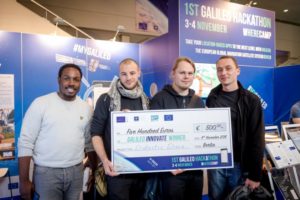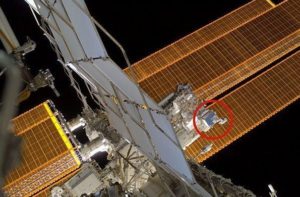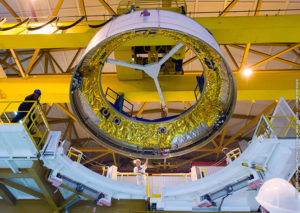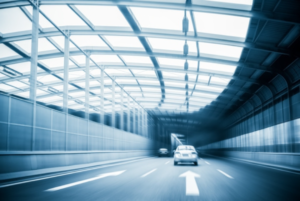The first ever European GNSS Agency (GSA) Galileo Hackathon brought together teams of passionate coders and geo enthusiasts from around the world to compete for some impressive prizes. The venue was Berlin’s Beuth University of Applied Sciences on 3 and 4 November during the sixth WhereCamp ‘unconference’ dedicated to geolocation enthusiasts and professionals. All the Hackathon competitors received a Galileo-ready BQ Smartphone and a certificate, while the two winning teams also each collected a €500 cash prize.
WhereCamp Berlin on 3 and 4 November was the place to be for movers and shakers shaping the future of Location Based Services (LBS) and Geo-IoT (Geolocation in Internet of Things). The first Galileo Hackathon was a unique opportunity to showcase coding skills, connect with the Geo-IoT app development community, and to gain a competitive insight on what Galileo LBS will be bringing to the smartphone in your pocket in the very near future. Read more…




